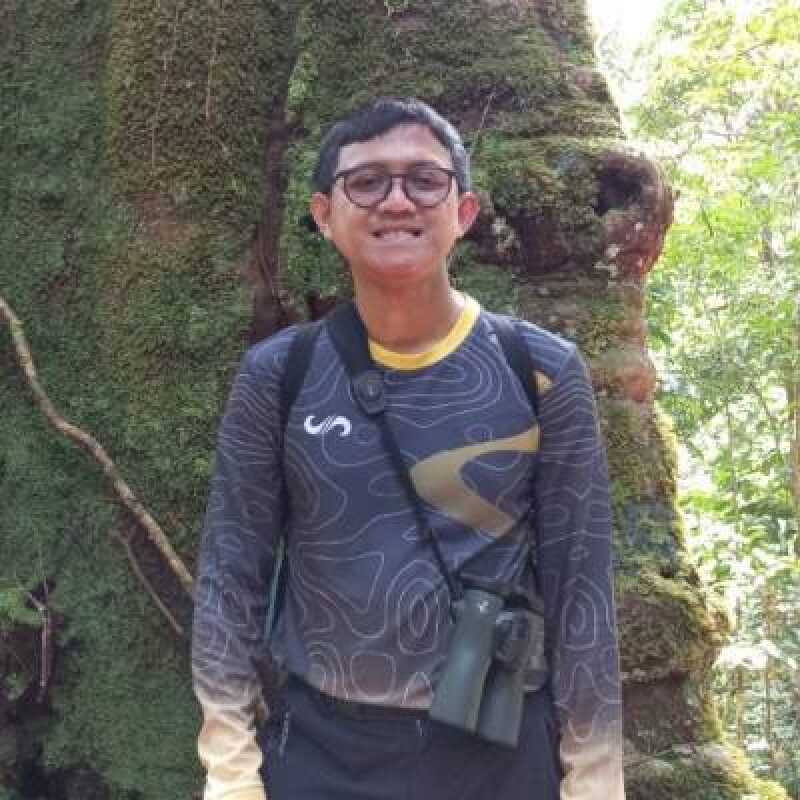- University of Kent
- Graduate and Researcher College
- People
- Febri Widodo


Febri obtained his MSc in Forestry from Gadjah Mada University in Indonesia with dual courses in International Development Studies from Uthrect University, the Netherlands. Febri has more than 10 years of experience in conservation, especially working with WWF (World Wide Fund for Nature) Indonesia on tigers and big mammals in Sumatra.
Restoring tropical biodiversity, carbon stores and forest regeneration through ecosystem restoration licences.
Febri’s PhD is entitled “Restoring tropical biodiversity, carbon stores and forest integrity through ecosystem restoration licences”.
Deforestation and forest degradation are key causes of carbon emissions and biodiversity decline in tropical countries. Tackling these challenges requires innovative ways to manage disturbed habitats. Ecosystem restoration licenses (ERLs) offer a commercial mechanism through which degraded forest can be restored back to ecological equilibrium. Pioneered by Indonesia, ERLs could herald an era of improved forest management across the tropics. Nonetheless, key questions remain regarding their effectiveness.
Working with some existing ERLs, Febri will examine the likely effectiveness of ERLs in achieving not only positive ecological outcomes (e.g. carbon storage, biodiversity and forest regeneration), but also social outcomes. The study is “not just biodiversity, but also beyond” by using ecological economic approaches.
Febri will analyse longitudinal biodiversity, particularly mammal datasets from camera trapping as well as assessing how they relate to different restoration activities and human pressures in the wider landscape. Using these data, a series of biodiversity indicators will be derived that will feed into the long-term monitoring strategy for the site. By integrating this with remote-sensed data (e.g. satellite imagery, drone footage) on forest degradation/regeneration, the cost-effectiveness of the restoration activities can be investigated. In addition, socio-ecological information will be used as the opportunity to examine the ecological outcomes of ERLs across Indonesia by conducting an impact evaluation using statistical spatial matching, complementing the case study research.
Key findings and recommendations from the study will hopefully play a fundamental role in supporting the development of further strategies for safeguarding and restoring biodiversity, creating possible solutions to address current and future conservation challenges, mainstreaming inclusive conservation, and improving sustainability, particularly in Indonesia's ecosystem restoration licenses. This will provide critical information that will inform the establishment of sustainable finance mechanisms (e.g. voluntary carbon markets) for ERLs.
Febri's supervisors are :-
Dr. Matthew Struebig (1st supervisor)
Professor Zoe Davies (2nd supervisor)
Loading publications...
Showing of total publications in the Kent Academic Repository. View all publications